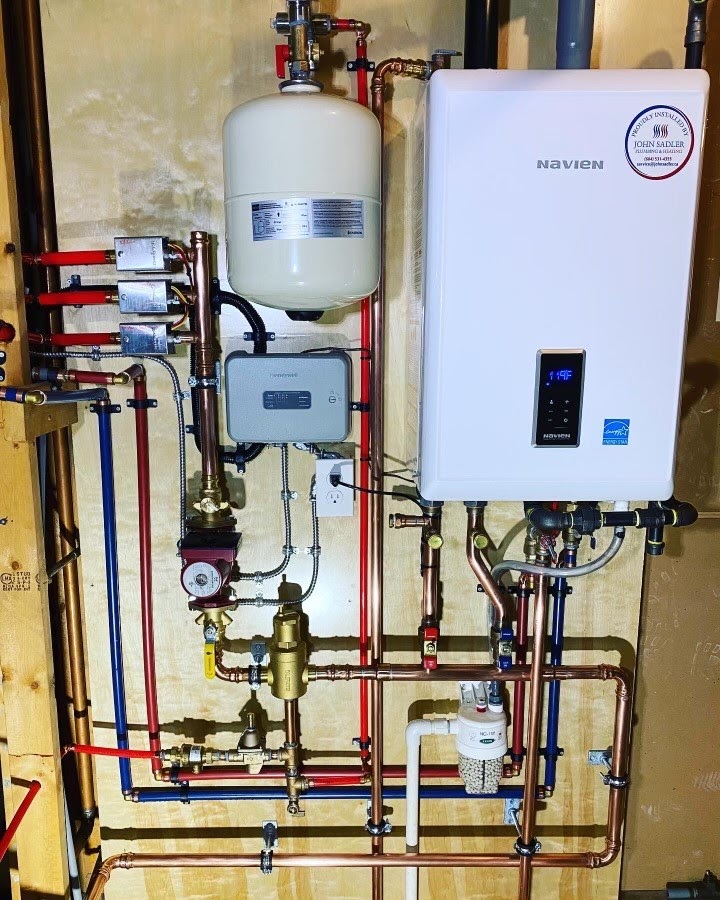Boiler installation is a crucial aspect of maintaining a warm and comfortable home in Edinburgh, especially considering the city’s cold and often unpredictable weather. A well-functioning boiler not only ensures that homes are heated efficiently during the harsh winter months but also contributes to energy savings over time. Whether you are upgrading an old system or installing a new one, understanding the various factors involved in boiler installation can help ensure the process goes smoothly and the system operates effectively.

The first key consideration when planning a boiler installation in edinburgh is selecting the right type of boiler for your home. Gas boilers remain the most popular choice, but there are other options such as oil, electric, and renewable energy systems. Gas boilers are generally chosen for their affordability, efficiency, and availability of fuel. However, some homes may benefit from electric or oil boilers, especially those not connected to the gas grid. For eco-conscious homeowners, renewable energy systems like air source heat pumps or solar water heaters offer environmentally friendly alternatives that can reduce the home’s carbon footprint.
Equally important is determining the appropriate size of the boiler for your property. Larger homes or those with multiple bathrooms and living spaces will require more powerful boilers, while smaller properties can make do with more compact, energy-efficient models. Over-sizing a boiler can result in wasted energy, whereas an under-sized system may struggle to heat the entire home effectively. A professional heating engineer can perform a detailed assessment of your home to recommend the ideal boiler size and type, taking into account factors like the number of radiators, insulation, and overall heating needs.
Safety is a critical consideration during any boiler installation, particularly when installing gas boilers. In Edinburgh, it is essential to hire a Gas Safe registered engineer to install your system. This certification ensures that the technician is properly trained to work with gas appliances and that the installation complies with safety standards. A qualified engineer will ensure that the boiler is installed correctly, minimizing the risk of carbon monoxide leaks, gas explosions, or fire hazards. Ensuring proper ventilation and flue installation is essential to the safe operation of the boiler.
Energy efficiency is another important factor to consider when choosing a boiler. Modern boilers are far more efficient than older models, offering better performance and lower energy consumption. High-efficiency boilers, especially those with a rating of A or higher, can help reduce heating bills by using less fuel to produce the same amount of heat. Although the initial installation cost of an energy-efficient boiler may be higher, the long-term savings on energy bills can make the investment worthwhile.
Once the boiler is installed, regular maintenance is essential to keep it functioning properly. Most heating engineers recommend an annual service to check for any potential issues, clean the components, and ensure the system is operating at peak efficiency. Proper maintenance can also extend the lifespan of the boiler, helping to prevent expensive repairs or replacements down the line.
Finally, Edinburgh residents should be aware of any government grants or subsidies that may be available to help with the cost of boiler installation, particularly for energy-efficient or renewable heating systems. These programs can provide valuable financial support, making it easier to upgrade your heating system and improve your home’s energy efficiency.
In conclusion, boiler installation in Edinburgh is an important investment for ensuring warmth, comfort, and energy savings. By choosing the right boiler, hiring a qualified engineer, and maintaining the system regularly, homeowners can enjoy a reliable heating solution that meets their needs while reducing long-term energy costs.
